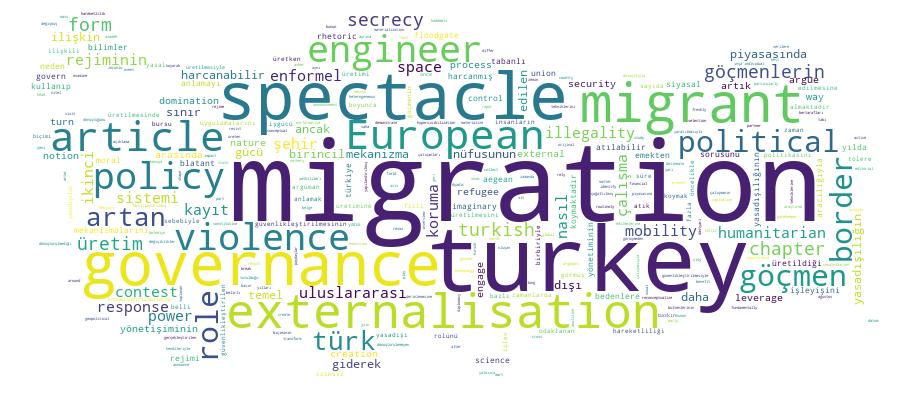Karadağ, Sibel
Loading...

Profile URL
Name Variants
Karadag, Sibel
Sibel Karadağ
K.,Sibel
SIBEL KARADAĞ
S. Karadağ
Sibel, Karadag
Karadağ, Sibel
Karadağ, SIBEL
Sibel KARADAĞ
KARADAĞ, SIBEL
K., Sibel
KARADAĞ, Sibel
Karadağ S.
Karadag,S.
Karadağ, S.
Karadag,Sibel
Karadağ,S.
Sibel Karadağ
K.,Sibel
SIBEL KARADAĞ
S. Karadağ
Sibel, Karadag
Karadağ, Sibel
Karadağ, SIBEL
Sibel KARADAĞ
KARADAĞ, SIBEL
K., Sibel
KARADAĞ, Sibel
Karadağ S.
Karadag,S.
Karadağ, S.
Karadag,Sibel
Karadağ,S.
Job Title
Dr. Öğr. Üyesi
Email Address
Main Affiliation
Political Science and International Relations
Status
Current Staff
Website
ORCID ID
Scopus Author ID
Turkish CoHE Profile ID
Google Scholar ID
WoS Researcher ID
Sustainable Development Goals
8
DECENT WORK AND ECONOMIC GROWTH

1
Research Products
10
REDUCED INEQUALITIES

3
Research Products
17
PARTNERSHIPS FOR THE GOALS

1
Research Products

This researcher does not have a Scopus ID.

Documents
8
Citations
126

Scholarly Output
5
Articles
2
Views / Downloads
43/179
Supervised MSc Theses
1
Supervised PhD Theses
0
WoS Citation Count
13
Scopus Citation Count
17
WoS h-index
2
Scopus h-index
2
Patents
0
Projects
0
WoS Citations per Publication
2.60
Scopus Citations per Publication
3.40
Open Access Source
1
Supervised Theses
1
Google Analytics Visitor Traffic
| Journal | Count |
|---|---|
| Geopolitics | 1 |
| Refugee Externalisation Policies: Responsibility, Legitimacy and Accountability | 1 |
| Security Dialogue | 1 |
Current Page: 1 / 1
Competency Cloud


